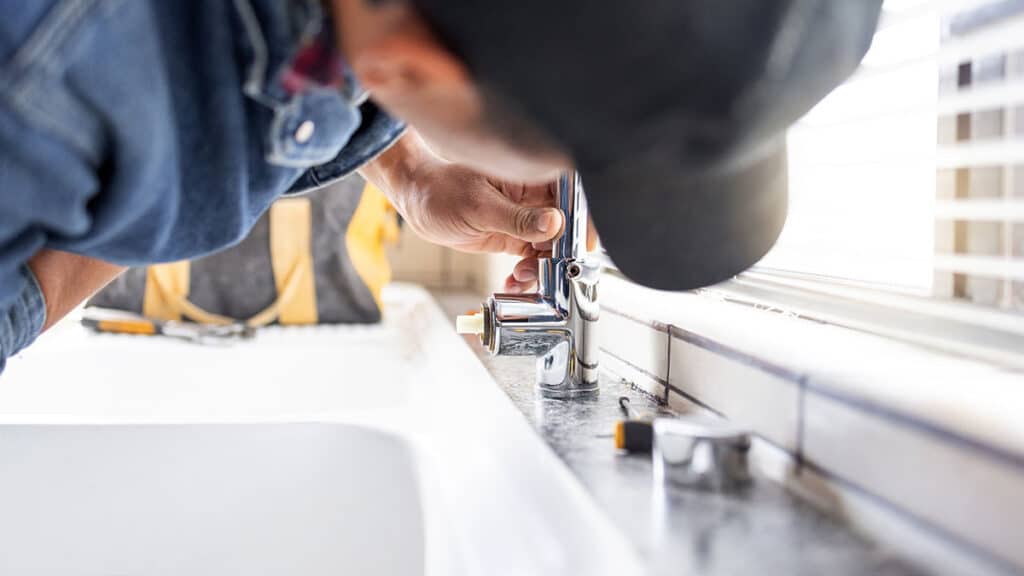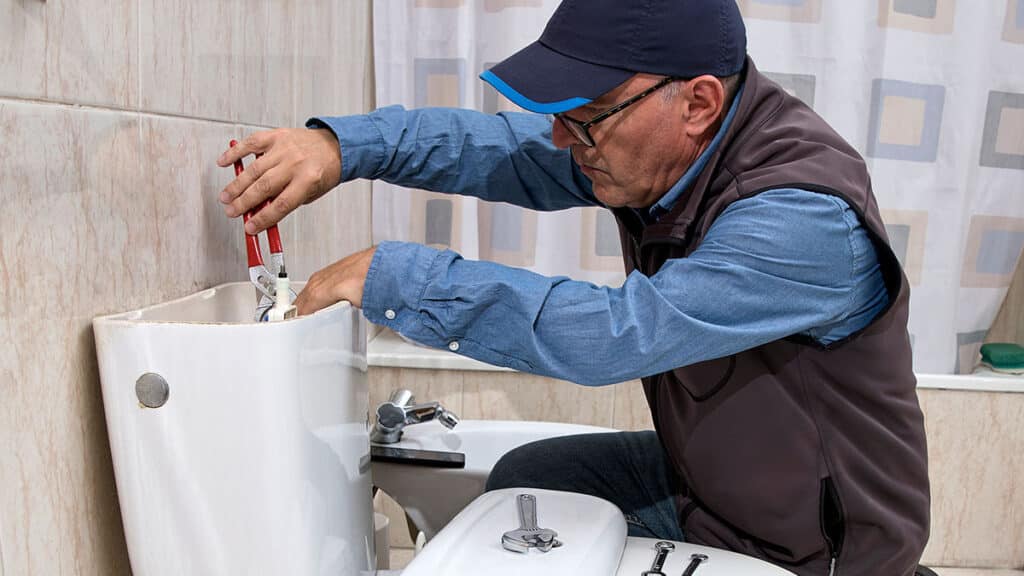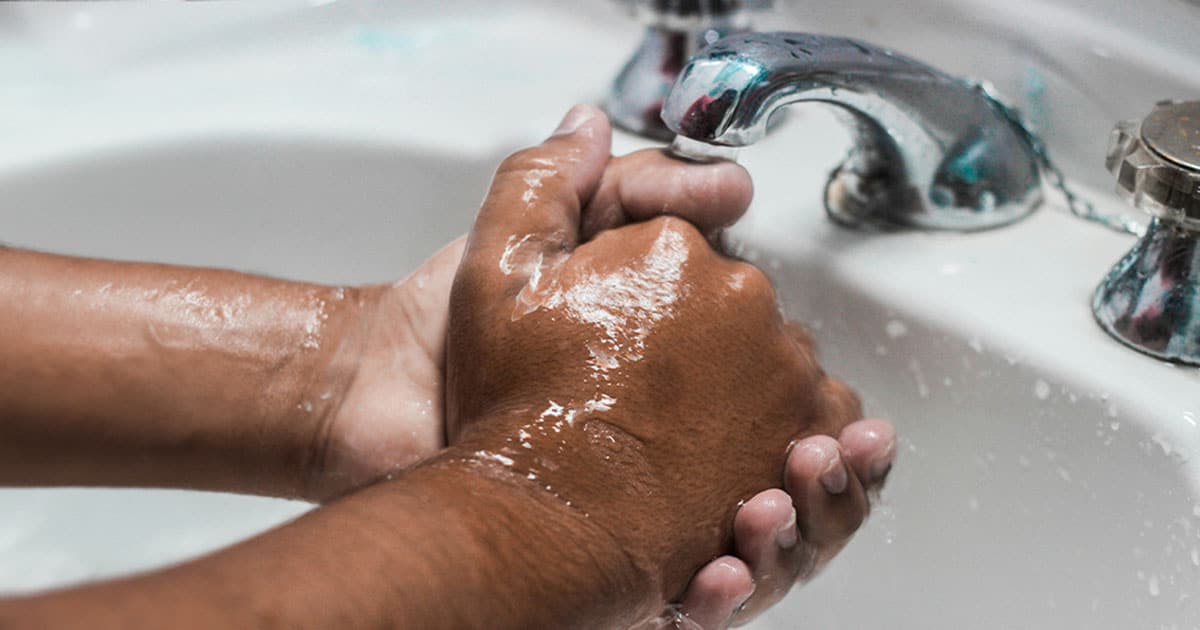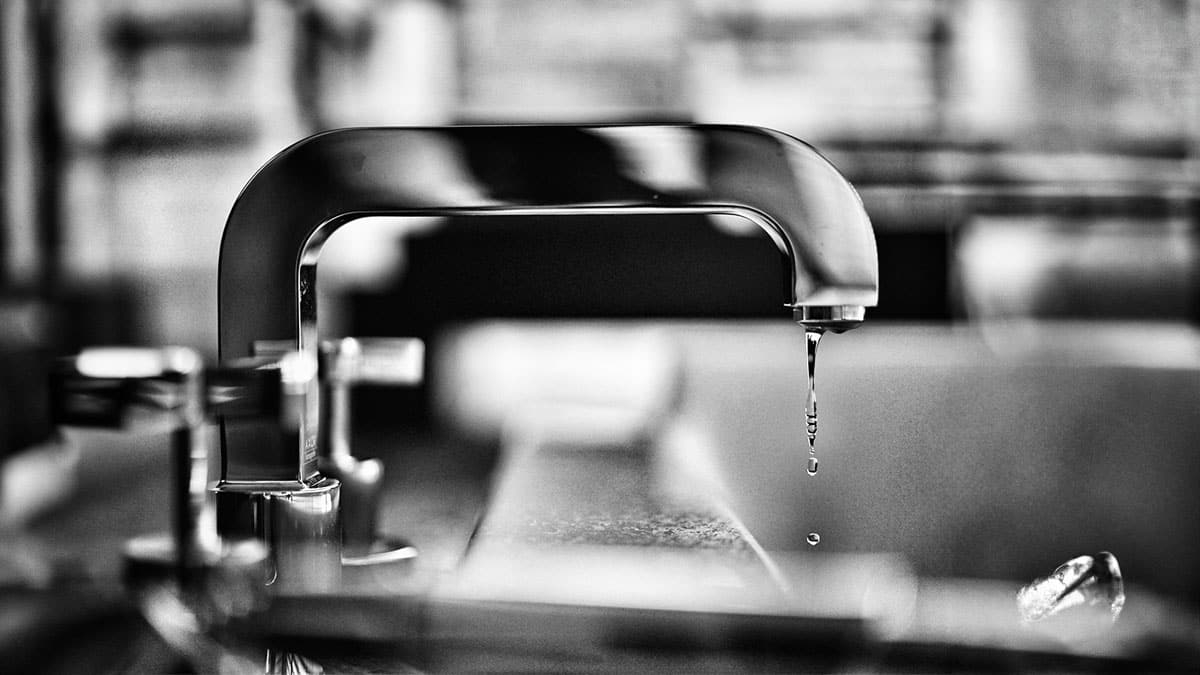
Identifying and Fixing a Water Leak in Your Memphis Home
A small leak can wreak havoc on a home, leading to costly repairs and potential health hazards. As a homeowner or property manager, being able to detect and fix water leaks promptly is crucial in maintaining the integrity and safety of your property. This comprehensive guide will provide you with the knowledge and tools needed to identify and repair common water leaks in your home, ultimately saving you time, money, and stress.
Recognizing Water Leaks
Water leaks can often go unnoticed until significant damage has occurred. These leaks may start as tiny drips, hidden behind walls or under floors, gradually causing structural damage, mold growth, and even electrical hazards. Regularly checking for signs of leaks, such as damp spots, unusual water bills, or the sound of running water when all taps are off, can help you catch issues early and avoid extensive, costly repairs. Taking preventive measures, like inspecting plumbing fixtures and maintaining appliances, can ensure your home remains safe and sound.
High Water Bills
One of the first indicators of a water leak is an unexpected increase in your water bill. If your water usage hasn’t changed, but your bill has spiked, it’s time to investigate for potential leaks. Compare your current bill to previous months and look for any unexplained increases.
Water Meter Check
A simple yet effective way to determine if you have a leak is by checking your water meter. Follow these steps:
- Turn off all water sources in your home.
- Locate your water meter and check the current reading.
- Wait for a few hours without using any water.
- Check the meter again. If the reading has changed, you likely have a leak.
Check for Visible Signs of a Leak
Visible signs of water leaks can often be found in various areas of your home. Look for the following indicators:
- Damp or discolored patches on walls or ceilings: These can indicate a leak behind the surface.
- Mold or mildew growth: Excess moisture from leaks can lead to mold or mildew.
- Warped or buckling floors: Water damage can cause floors to warp or buckle.
- Musty odors: Persistent musty smells can be a sign of hidden leaks.
Check Appliances and Fixtures
Leaks can also originate from appliances and fixtures. Regularly inspect these areas for signs of moisture or damage:
- Check under sinks for moisture or water stains.
- Look for drips or puddles around toilets, showers, and bathtubs.
- Examine hoses and connections on washing machines, dishwashers, and refrigerators.
Locating the Source of the Leak
Once you’ve detected a leak, locating its source is essential for making the necessary repairs.

To accurately locate the source of a leak, follow these steps:
- Inspect Plumbing Fixtures: Check the seals and connections on faucets, toilets, and showerheads.
- Examine Pipes: Look for signs of corrosion, rust, or damage on exposed pipes.
- Check Appliances: Inspect the hoses and connections on appliances for leaks or damage.
Repairing Common Leaks
Once the source of the leak has been identified, you can begin repairing it. Here are some common types of leaks and how to fix them:
Faucets and Showerheads
- Turn off the water supply to the affected fixture.
- Remove the faucet or showerhead and inspect the washer, O-ring, or cartridge.
- Replace any worn or damaged parts and reassemble the fixture.
Toilets
- Turn off the water supply to the toilet.
- Remove the tank lid and inspect the flapper, fill valve, and flush valve.
- Replace any faulty parts and check for leaks.
Pipes
- Turn off the main water supply to your home.
- Locate the leak and mark the damaged section of pipe.
- Cut out the damaged section and replace it with a new piece of pipe using couplings or fittings.
When You Should Contact a Professional for Leak Detection and Repair
For more complex leaks or if you’re unsure about making repairs yourself, it’s best to call a professional plumber. At Best Care Home Services, we have the expertise and specialized tools to locate and fix hidden leaks without causing further damage. Our commitment to quality service ensures that your home will be in good hands.
Preventing Future Leaks
Taking proactive measures can help prevent future leaks and protect your home from water damage.

Regular Maintenance
Regular maintenance is key to preventing leaks. Here are some steps you can take:
- Inspect your plumbing system regularly for signs of wear or damage.
- Replace old or damaged fixtures and pipes before they become a problem.
Install Leak Detection Devices
Installing leak detection devices can provide early warnings of potential leaks:
- Smart water leak detectors: Devices like Flo by Moen or LeakSMART can alert you to leaks before they cause significant damage.
- Automatic shutoff valves: These devices can automatically shut off your water supply if a leak is detected.
Insulate Pipes
Insulating pipes can help prevent leaks caused by freezing temperatures:
- Wrap exposed pipes with foam insulation sleeves or heat tape.
- Seal any gaps or cracks in walls and floors where pipes are located.
Detecting and fixing water leaks in your home is essential for maintaining a safe and healthy living environment. Water leaks, if left unchecked, can lead to structural damage, mold growth, and increased utility bills. By regularly inspecting your home, using tools like water meters and leak detection devices, you can identify issues early on. Pay special attention to areas around pipes, faucets, and appliances. Additionally, understanding the signs of water damage, such as discolored walls or ceilings and unusual musty odors, can help you catch leaks before they become serious problems. Knowing when to call a professional plumber is also crucial; they have the expertise and equipment to address leaks that are difficult to detect or repair on your own. By taking these proactive steps, you can protect your property from water damage and avoid costly repairs.
Contact Best Care, the Memphis Plumbing Experts
At Best Care Home Services, we pride ourselves on being a reliable and customer-centric Memphis plumbing company. If you suspect a leak or need help with any plumbing issue, don’t hesitate to call us at 901-624-1401 or schedule an appointment online. Our team of experts is ready to provide top-notch service and ensure your home remains safe and dry. Reach out to us today to schedule an appointment and experience the best in Memphis plumbing care.
Recent Posts
How to Keep Your Hot Water Heater Running Efficiently
“Hot Water Heater” or Just Water Heater? Let’s clear something up right away: “hot water heater” isn’t technically correct. Why? Because you can’t...
Detecting and Fixing a Water Leak in Your Home
A small leak can wreak havoc on a home, leading to costly repairs and potential health hazards. As a homeowner or property manager,...
The Importance of Regular Plumbing Maintenance
Keep Your Home Safe and Your Pipes Flowing Smoothly Plumbing is one of those things you don’t think about until there’s a problem....


